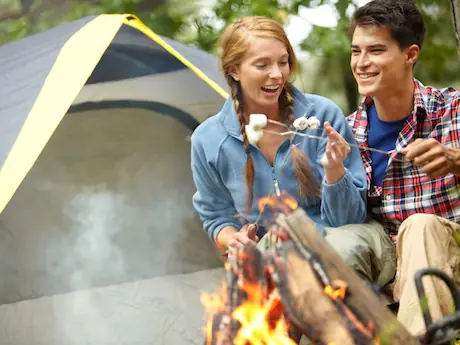
Many rewards come with risks. A memorable camping trip can be a rewarding experience, but these outdoor adventures are rarely free of danger.
For first-time campers, preparation is key. A first aid kit is a good start, but there are several other precautions to take.
Safe Fire Practices
Camping just isn't the same without a fire. Still, there are important precautions to take before making your s'mores. For example, don't build a fire under low trees, never leave it burning without someone watching, and put the flame completely out before bed.
More: 5 Simple Steps to Campfire Safety
Animal Safety
Basic camping safety includes basic animal safety. An adventure in the wild means you're surrounded by many animals that are unfamiliar. You should hike only during the day and observe proper behavior if you come in contact with one. The most important rule? Never approach a wild animal.
More: Wild Animal Safety for Campers and Hikers
Wear Bug Spray
Even on a perfect night, you might be slapping away mosquitos left and right. Don't ruin the rest of the trip by forgetting to put on bug spray. One full-body spritz is all you need to stay protected throughout the night.
More: How to Keep Insects Away While Camping
Keep Your Site Clean
While it's good practice to keep your site clean, it's critical to camping safety, too. Dirty dishes, leftover trash, or food left in the open could attract animals you don't want to mess with.
Stay Hydrated
Running around in the hot sun all day is a great way to stay active, but it increases your chance of suffering from dehydration. Keep a water bottle with you at all times, and be sure to get your recommended amount—eight 8-oz glasses—each day.
- 1
- of
- 2
About the Author
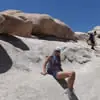
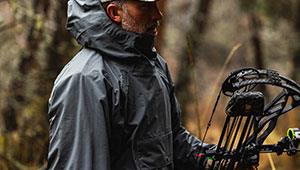

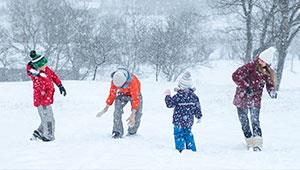


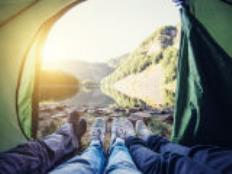


Discuss This Article